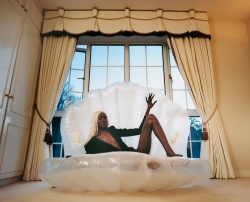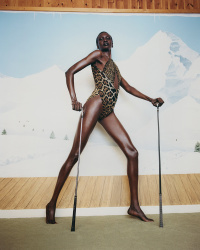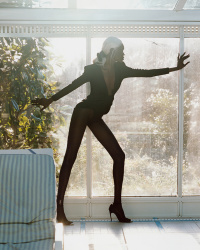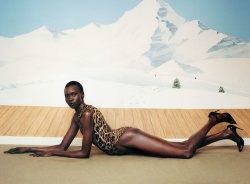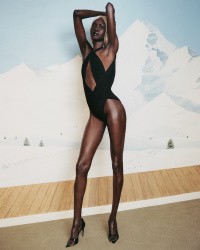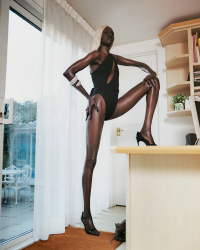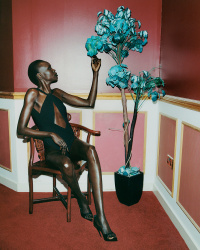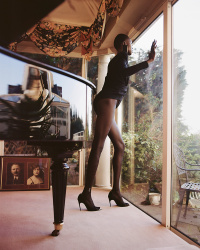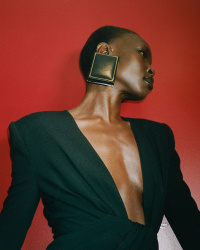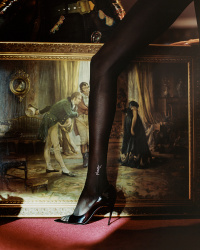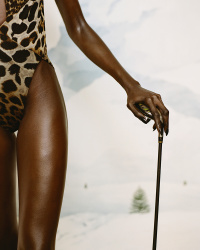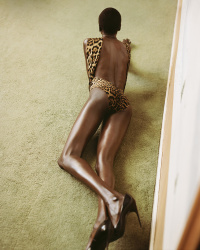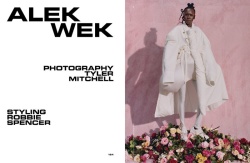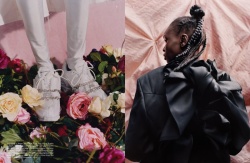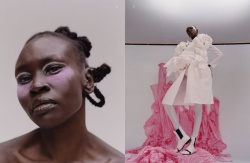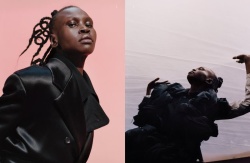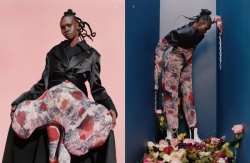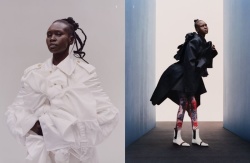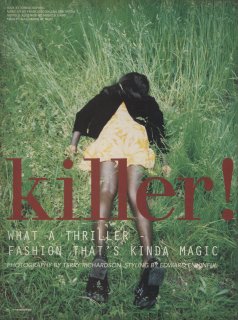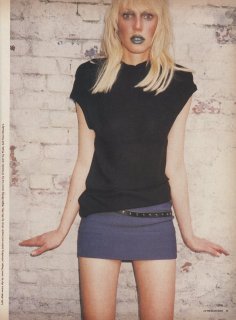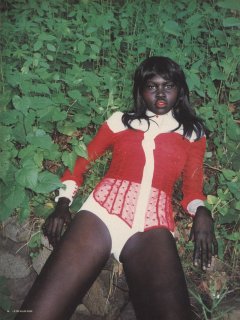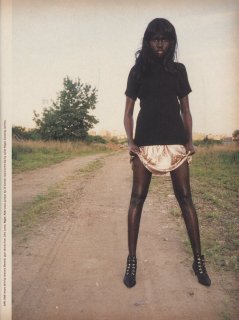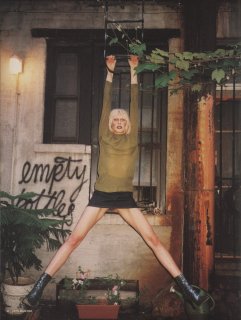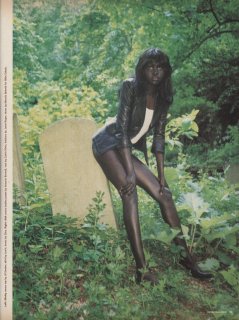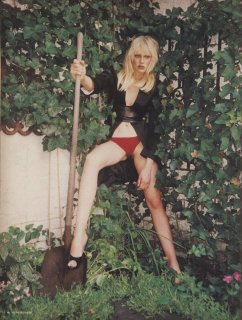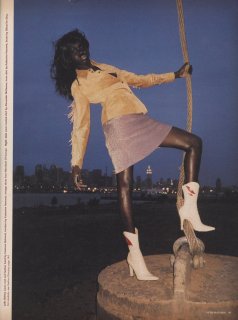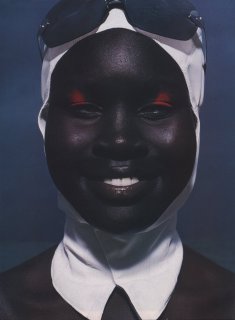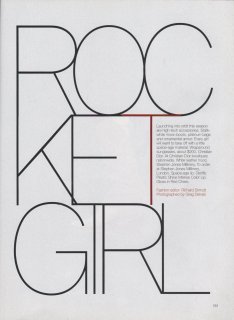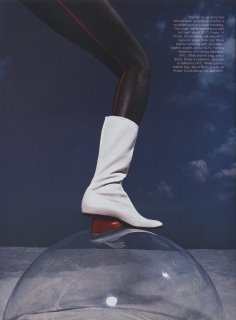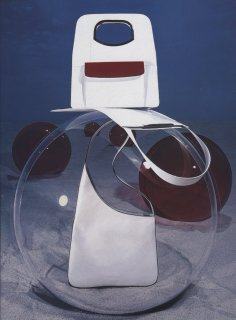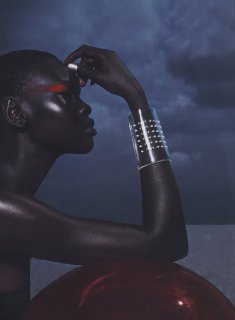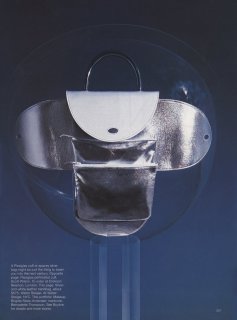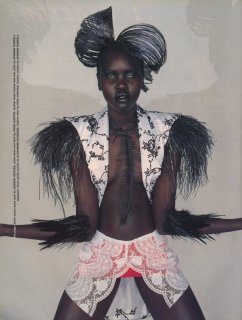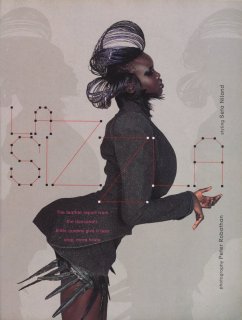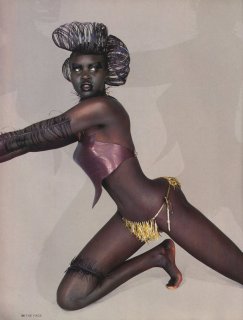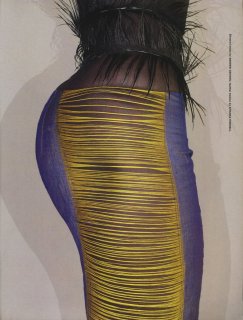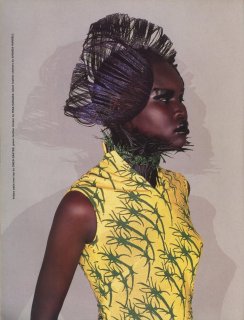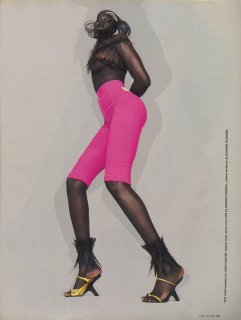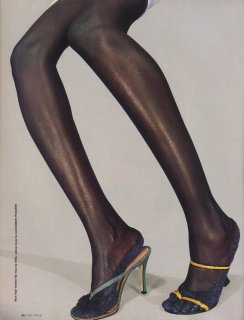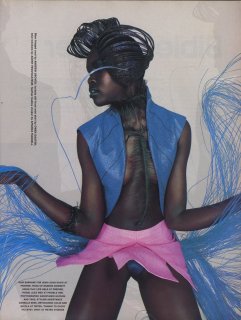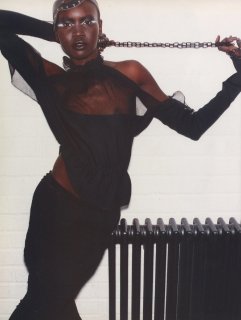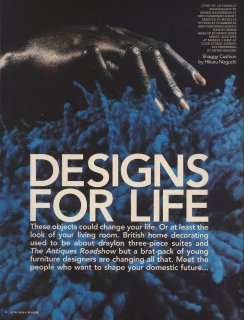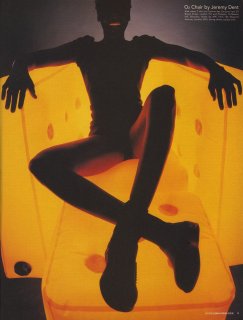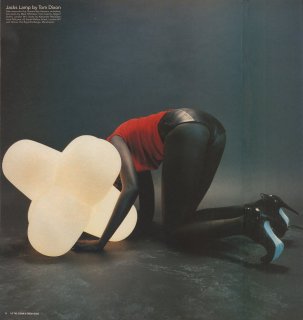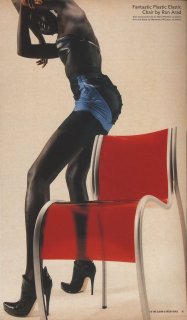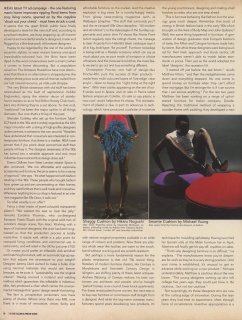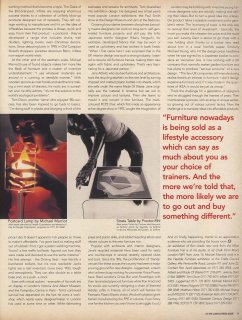-
The F/W 2026.27 Show Schedules...
New York Fashion Week (February 11th - February 16th) London Fashion Week (February 19th - February 23rd) Milan Fashion Week (February 24th - March 2nd) Paris Fashion Week (March 2nd - March 10th)
You are using an out of date browser. It may not display this or other websites correctly.
You should upgrade or use an alternative browser.
You should upgrade or use an alternative browser.
Alek Wek
- Thread starter Bonchic
- Start date
-
- Tags
- british south sudanese
simplylovely
Well-Known Member
- Joined
- Apr 30, 2006
- Messages
- 29,480
- Reaction score
- 1,179
She has such a lovely personality
Nymphaea
Well-Known Member
- Joined
- Oct 30, 2012
- Messages
- 6,196
- Reaction score
- 695
Porter Edit by Net-A-Porter
March 15, 2019
The Relevance
Model Gemma Ward & Alek Wek
Photographer Claudia Knoepfel
Styling Helen Broadfoot
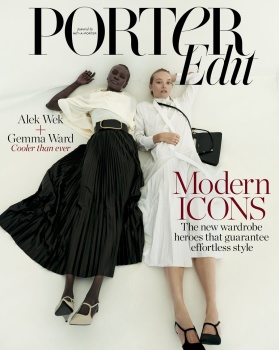
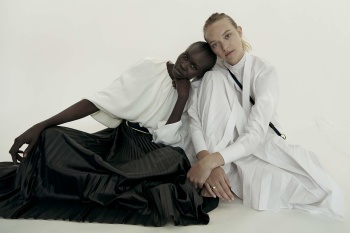
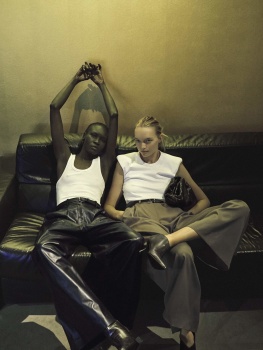
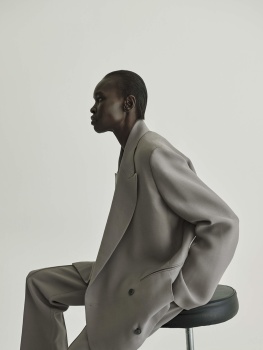
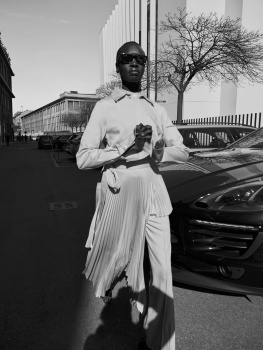
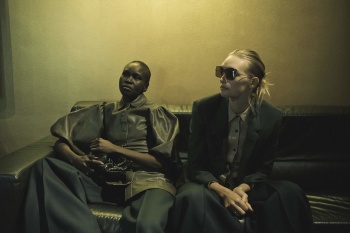
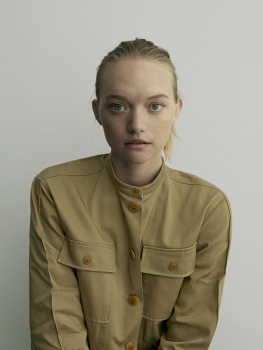
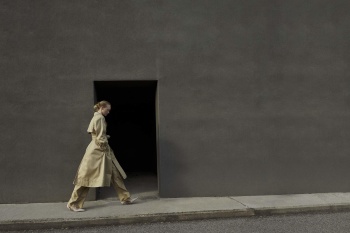
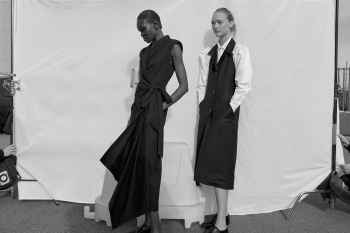
March 15, 2019
The Relevance
Model Gemma Ward & Alek Wek
Photographer Claudia Knoepfel
Styling Helen Broadfoot









net-a-porterTwo of the most recognizable faces in the industry, ALEK WEK and GEMMA WARD defined a new era of modeling in the late ’90s and early ’00s. Twenty years later, they still own that fickle fashion essential that is hard to come by and even harder to hold on to: relevance. Here, the duo showcase the SS19 pieces that are every bit as timelessly cool as they are.
ALEK WEK, 41
Sudanese model Alek Wek, 41, began her career at the age of 18 in 1995, changing the industry and the ambitions of millions of dark-skinned girls – Lupita Nyong'o included – around the world who finally saw themselves reflected on magazine covers and in high-fashion images. She has walked for everyone from Chanel and Dries van Noten to Oscar de la Renta and Marc Jacobs over the past 24 years, appeared in music videos for Tina Turner and Janet Jackson, and hosted London’s Fashion Awards last year.
I’M VERY SURE OF MYSELF. I come from a family where we celebrated each other as women. But in fashion [in the ’90s], it was very foreign for [the industry] to see something out of the ordinary. For me, it was important that it wasn’t just about me and representing women of color, but saying that we need diversity. Fashion draws its inspiration from around the world, from all different cultures, so this is a collective. Now, with social media, we’re so connected you can’t not celebrate diversity. It was long overdue.
PEOPLE EMBRACED ME BECAUSE they knew I wanted to have fun with [fashion], wear these clothes and create the shapes and send a message out that my color is part of me – I’m not a gimmick and I’m not going to be sold short. I’m really glad that translated throughout the years. I was blessed to work with certain people in the business who are legendary, like Yves Saint Laurent and Irving Penn. I’m glad that I worked with people who nurtured me because if you’re not nurtured, you can’t grow from there. Now I see all the throwback [pictures], I can’t believe Alek at [age] 18, 20, 21… It’s really humbling, but it’s the same woman.
SOCIAL MEDIA SHEDS LIGHT ON IMPORTANT ISSUES, be that the bullying that goes on in the business or the #MeToo movement. People who misbehave don’t have to misbehave anymore and if they do there are consequences – in this industry, I felt for such a long time we didn’t really have that. When you’re putting something out, even when you talk, you have a social responsibility and you’ve got to respect that. There are younger generations coming up and if you do certain things that aren’t OK, they’re going to think it is. Being able to show faces and stories is very important, that’s how we strengthen each other. I always say we come from different backgrounds but a struggle is a struggle, family is family, values are values, morals are morals, and friendship is friendship. That’s a universal thing – whether you sleep on the floor or in a five-star hotel, you still cry, bleed, feel the same.
IT’S NOT ABOUT SIZE, it’s about being healthy. Everyone has different body types and some girls are discovered when they’re 14 – that’s when I hit puberty! If you’re not healthy, nothing else matters.
IF I WASN’T IN THE FASHION BUSINESS I think I probably would have a bunch of kids because I love children. Definitely now I want to try for babies; I feel maternal, I’m mentally a mother, and I have time now, I don’t have to run around. My sister’s kids are now in their 20s and I can’t believe it. They’re all so proud of my career, loving fashion and seeing themselves in that. I couldn’t imagine them not being able to see themselves in [fashion images].
FASHION HAS GIVEN ME A PLATFORM TO SHED LIGHT ON IMPORTANT ISSUES such as the refugee crisis. I was born and raised in South Sudan during the Civil War. We didn’t have electricity or anything and if the UNHCR [United Nations High Commissioner for Refugees] – the biggest refugee agency in the world – were not there to give food, shelter and water, I don’t think I’d be sitting here right now talking to you. So I think it’s important to do that for others.
Vogue Portugal April 2019
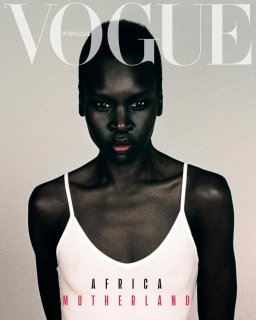
instagram.com/vogueportugal
Shot by @hugocomte
Style @barrosdebarros
AD @jsantanagq
Hair @claudiopachecohairstylist
Makeup @patricialimaatelier
Casting @ikki_casting
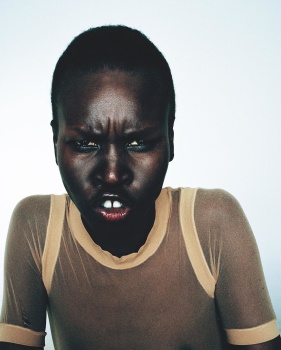
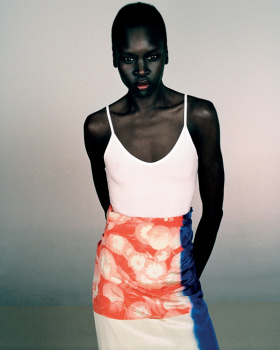
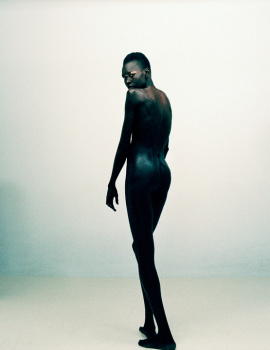
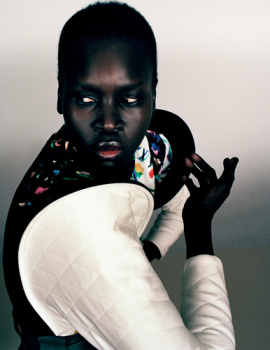
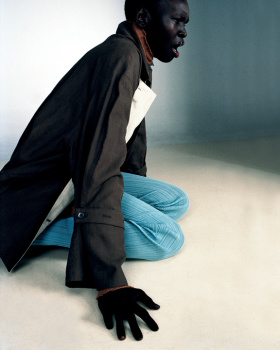
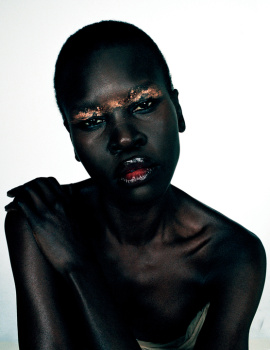
the-art-board.com

instagram.com/vogueportugal
Shot by @hugocomte
Style @barrosdebarros
AD @jsantanagq
Hair @claudiopachecohairstylist
Makeup @patricialimaatelier
Casting @ikki_casting






the-art-board.com
wendylorene
Well-Known Member
- Joined
- Jul 20, 2017
- Messages
- 2,496
- Reaction score
- 1,201
simplylovely
Well-Known Member
- Joined
- Apr 30, 2006
- Messages
- 29,480
- Reaction score
- 1,179
So gorgeous, love her skin!
wendylorene
Well-Known Member
- Joined
- Jul 20, 2017
- Messages
- 2,496
- Reaction score
- 1,201
simplylovely
Well-Known Member
- Joined
- Apr 30, 2006
- Messages
- 29,480
- Reaction score
- 1,179
This woman is ageless, love all her recent work!
simplylovely
Well-Known Member
- Joined
- Apr 30, 2006
- Messages
- 29,480
- Reaction score
- 1,179
Minerva13
Well-Known Member
- Joined
- Apr 19, 2011
- Messages
- 7,076
- Reaction score
- 1,549
Benn98
Well-Known Member
- Joined
- Aug 6, 2014
- Messages
- 42,582
- Reaction score
- 20,803
Vogue España January 2020
Modelos De Compromiso
Photographer: Alexi Lubomirski
Set Design: Jack Flanagan
Stylist: Juan Cebrian
Hair: Braydon Nelson
Makeup: Frankie Boyd
Manicure: Maki Sakamoto
Cast: Halima Aden, Candice Huffine, Adesuwa Aighewi, Jacquelin Jablonski, Alek Wek, Hanne Gaby Odiele, Grace Mahary,
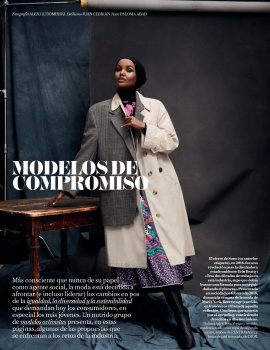
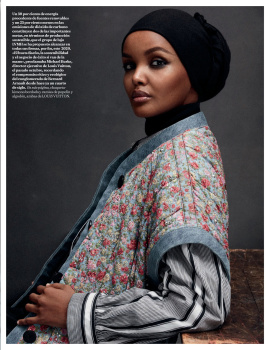

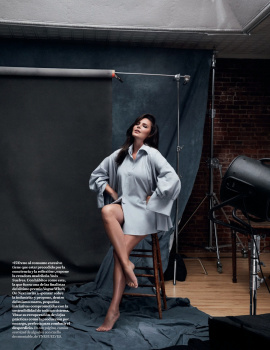

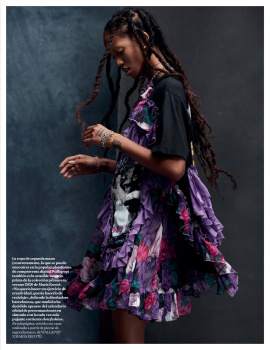

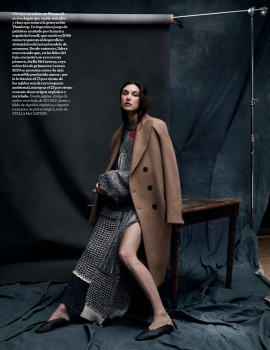
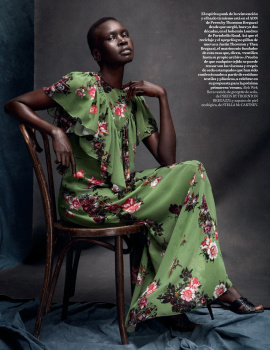

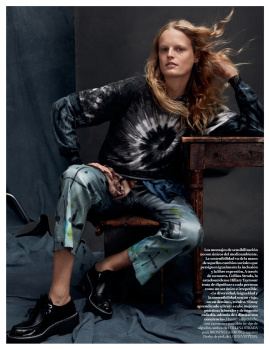
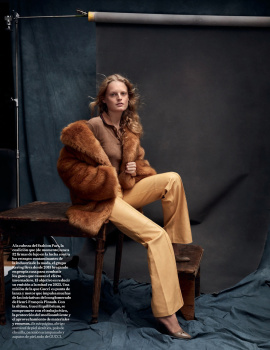
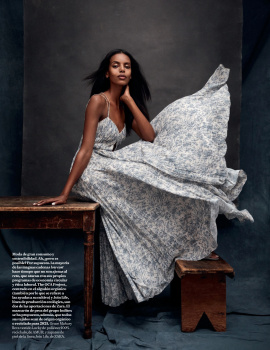
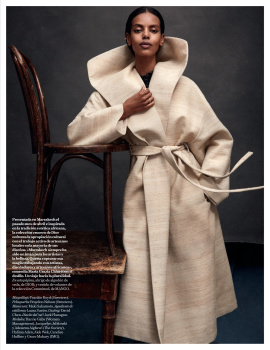
Vogue España Digital Edition
Modelos De Compromiso
Photographer: Alexi Lubomirski
Set Design: Jack Flanagan
Stylist: Juan Cebrian
Hair: Braydon Nelson
Makeup: Frankie Boyd
Manicure: Maki Sakamoto
Cast: Halima Aden, Candice Huffine, Adesuwa Aighewi, Jacquelin Jablonski, Alek Wek, Hanne Gaby Odiele, Grace Mahary,














Vogue España Digital Edition
Benn98
Well-Known Member
- Joined
- Aug 6, 2014
- Messages
- 42,582
- Reaction score
- 20,803
CR Fashion Book Spring/Summer 2020
To Survive To Dream To Make It Happen All It Takes is the Power of the Self
Photographer: Davit Giorgadze
Stylist: Christian Stemmler
Cast: Carolyn Murphy, Missy Rayder, Alek Wek, Marisha Urushadze, Faiza Ali and Linda Sarsour, Racquel Chevremont and Mickalene Thomas, Fanta Zephir, Cynthia Nixon, Mela Murder and Kaner Scott, Sylvia Weinstock, Suzanne Goldberg, Deborah Batts, Ncoc Minh Ngo, Jeannie Berlin
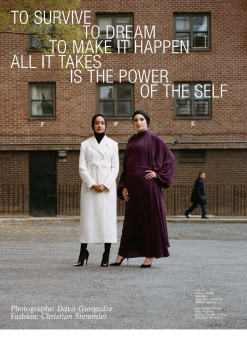
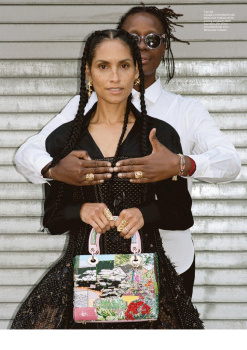
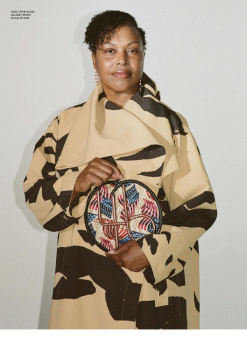
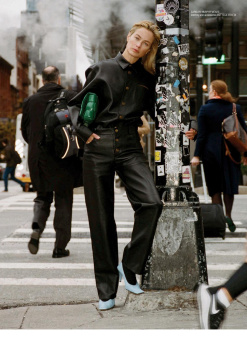
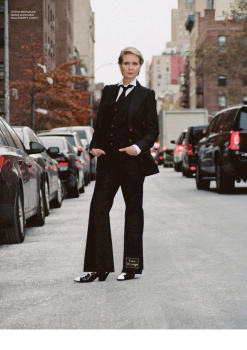
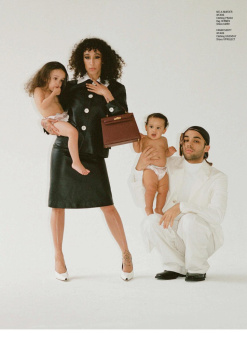
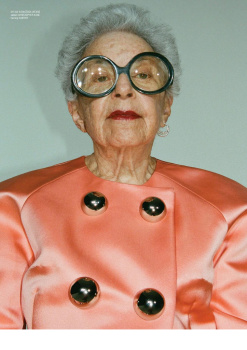
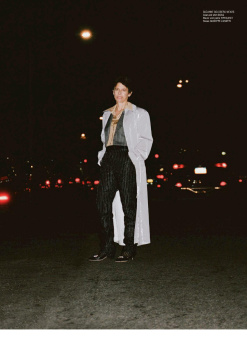
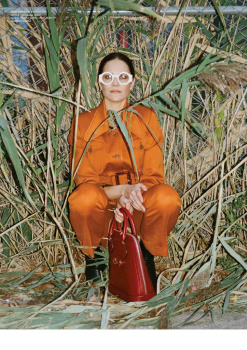
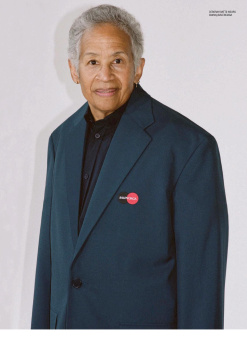
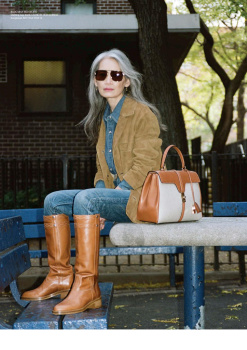
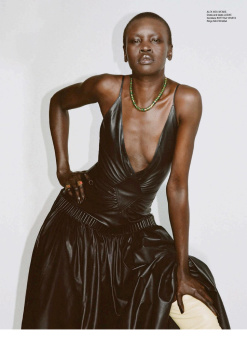
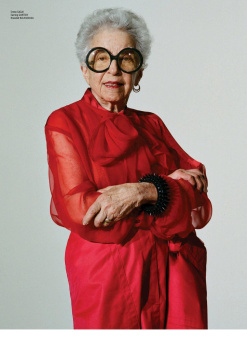
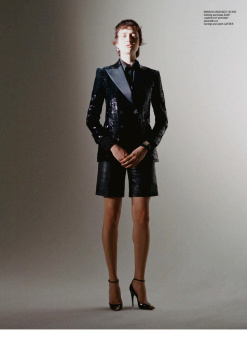
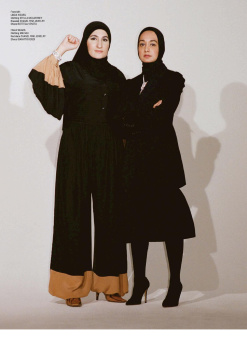
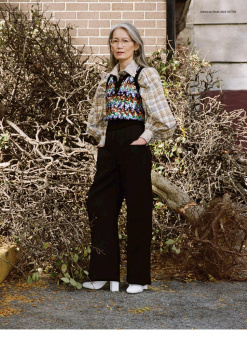
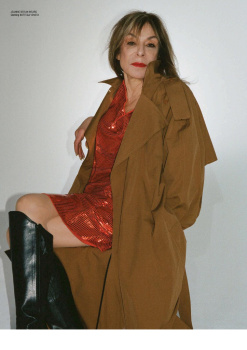
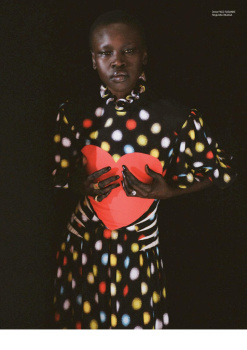
CR Fashion Book Digital Edition
To Survive To Dream To Make It Happen All It Takes is the Power of the Self
Photographer: Davit Giorgadze
Stylist: Christian Stemmler
Cast: Carolyn Murphy, Missy Rayder, Alek Wek, Marisha Urushadze, Faiza Ali and Linda Sarsour, Racquel Chevremont and Mickalene Thomas, Fanta Zephir, Cynthia Nixon, Mela Murder and Kaner Scott, Sylvia Weinstock, Suzanne Goldberg, Deborah Batts, Ncoc Minh Ngo, Jeannie Berlin


















CR Fashion Book Digital Edition
simplylovely
Well-Known Member
- Joined
- Apr 30, 2006
- Messages
- 29,480
- Reaction score
- 1,179
Similar Threads
Users who are viewing this thread
Total: 1 (members: 0, guests: 1)

